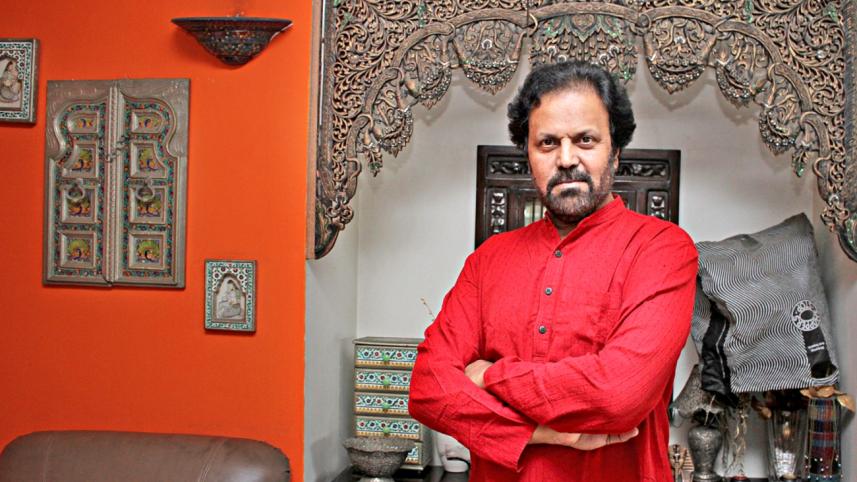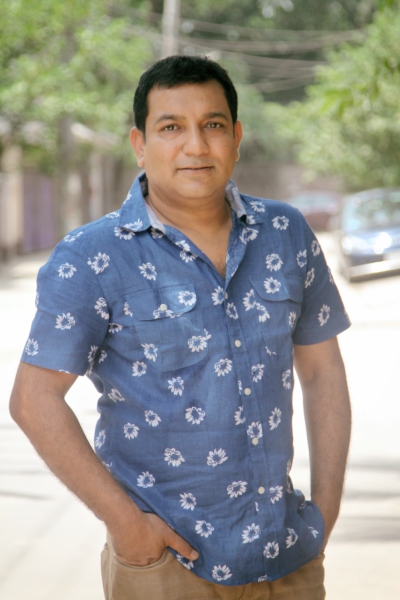Liberation War: Inspiring creativity

The Liberation War has inspired generations of artistes. Noted actor Tariq Anam Khan and noted actor-director Tauquir Ahmed, reveal how the Liberation War has impacted their work.
Tariq Anam Khan: I have acted in several Liberation War-based plays on the small screen and theatre. But I have also done a few movies based on the War. I'm very fortunate that I did a number of Liberation War-based BTV plays produced by Atiqul Haq Chowdhury and Abdullah Al Mamun in the '80s. It's really an honour for me as an artiste.
I did not get to do much work in theatre on the Liberation War. I staged the play “Payer Awaj Paowa Jaye” not so long ago. I also acted in Syed Shamsul Haq's TV play “Tora Shob Joyodhoni Kor” a long time ago. Syed Haq based the play on his story “Nil Dangsan”. Later, I brought the play on stage. My troupe Natyakendra staged another Liberation War-based play “Jera”. I also performed in the play when it was made for television.
At that time, I performed in a BTV play “Uthan” where the history of the Liberation War was presented in a distorted manner. The name of Bangabandhu was dropped from Proclamation of independence in the drama. We protested about this, and later, its series was dropped from the air.

During 1971, I worked with the Sector 9 during the entire nine months of Liberation War and there our work was to stage plays and render gono-sangeet at different camps of Freedom Fighters. The young boys and girls, who took part in the war, were inspired by our performances. I also worked in some parts of Sector 8.
I can still remember the speech of March 7. I inspired everyone at the camps by delivering the speech repeatedly.
I was in Satkhira on the day of victory. I first heard the news of their surrender on radio. Refugees started to gather there with the slogan “Joy Bangla.” We also brought out a victory procession, as tears of joy rolled down my cheeks.
Tauquir Ahmed: The Liberation War and its story is probably my most favourite subject, and it is always a special experience to make a play or a film against that backdrop, or even to act in a story. I was a little boy in 1971, and that's why I am very happy about doing Liberation War-based plays and cinema. This kind of story has a special spot in my heart, and that is why I made “Joyjatra”. I did not see the War but it seemed to me that I have seen and felt it through the film.
I had to put in a lot of effort for “Joyjatra”. It was very tough to shoot in the river. But I forgot all the pain after its release. My heart is still filled with joy when I am showered with compliments for it both at home and abroad.

 For all latest news, follow The Daily Star's Google News channel.
For all latest news, follow The Daily Star's Google News channel.